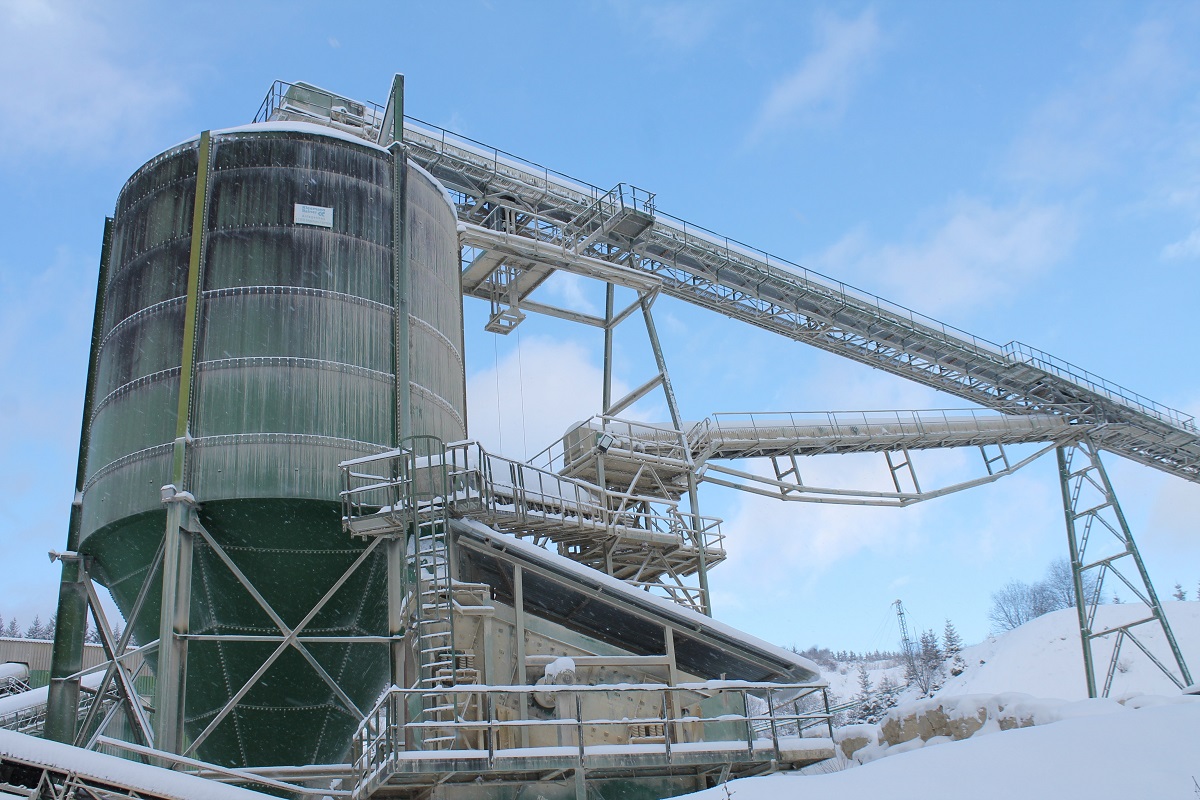To avoid relying on imported used cooking oil, EU legislators are under increasing pressure to guarantee that agricultural and waste leftovers are legally obligated in the manufacturing of green jet fuel. Industry campaigners are seeking for a sub-mandate for advanced biofuel feedstocks to be incorporated in the European Commission’s ReFuelEU Aviation directive, which aims to reduce pollutants caused by air traffic.
Airlines refueling in EU airports would be forced to use kerosene combined with a specific concentration of sustainable aviation fuels (SAFs), which are sourced from second-generation biofuels and electro-fuels, under the ReFuelEU Aviation initiative, Euractiv reports.
Under the Commission’s plan, the proportion of SAF that must be blended with kerosene would gradually increase, from 5% in 2030 to 63 percent by 2050.
However, ReFuelEU has raised concerns that a large portion of the SAF requirement will be satisfied by processing leftover cooking oil. The majority of innovative biofuel feedstock requires novel technology to convert into jet fuel, making them more expensive than used cooking oil, which could be processed using established technology.
In recent years, used frying oil has been a contentious topic, with concerns expressed about the quality of imported oil. Green campaigners are concerned that virgin palm oil, which has been connected to deforestation in tropical areas and is banned in the EU, may be combined with real waste oils to increase UCO levels.
According to the sustainable mobility NGO Transport & Environment, over 1.5 million tonnes of UCO were shipped into the European Union in 2019, with almost a third originating from China.
Proponents argue that a sub-mandate for feedstocks specified in Annex 9 of the Renewable Energy Directive’s Part A would encourage firms to engage in SAF production from these sources, reducing the demand for UCO.
A sub-mandate for the utilization of e-fuels in the SAF mix is included in the Commission’s present plan, which campaigners argue might be repeated for specific advanced biofuel feedstocks.

